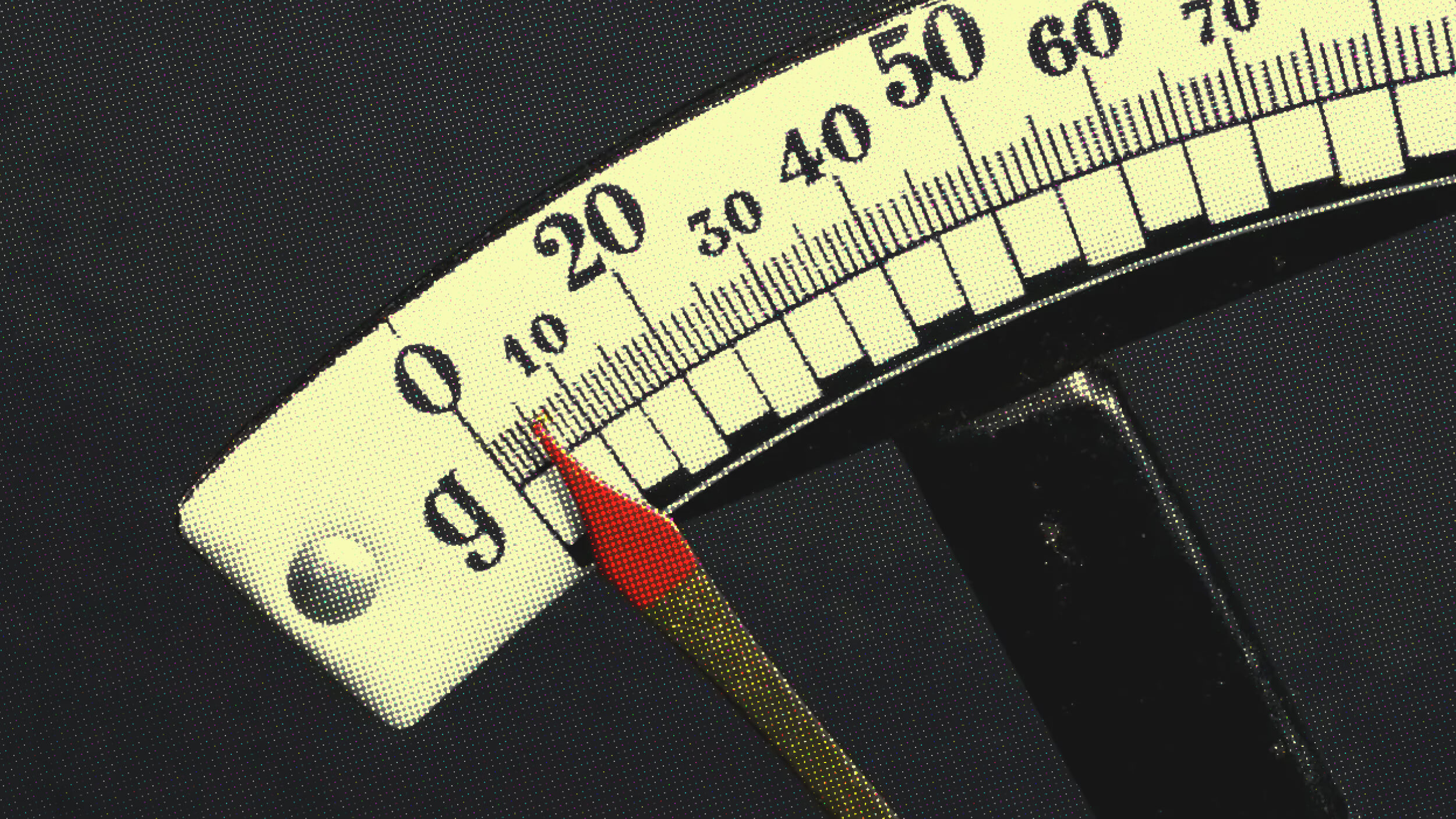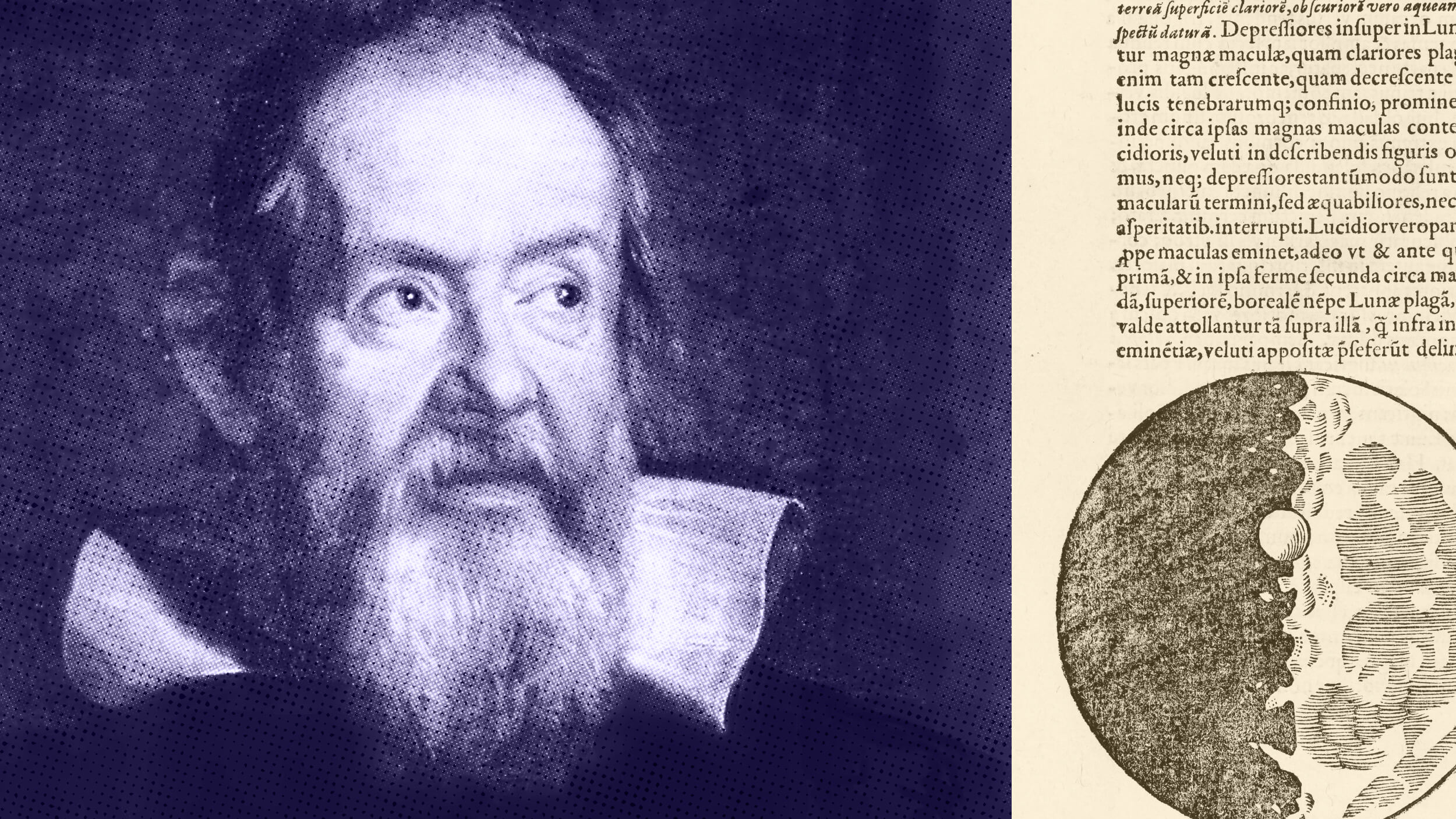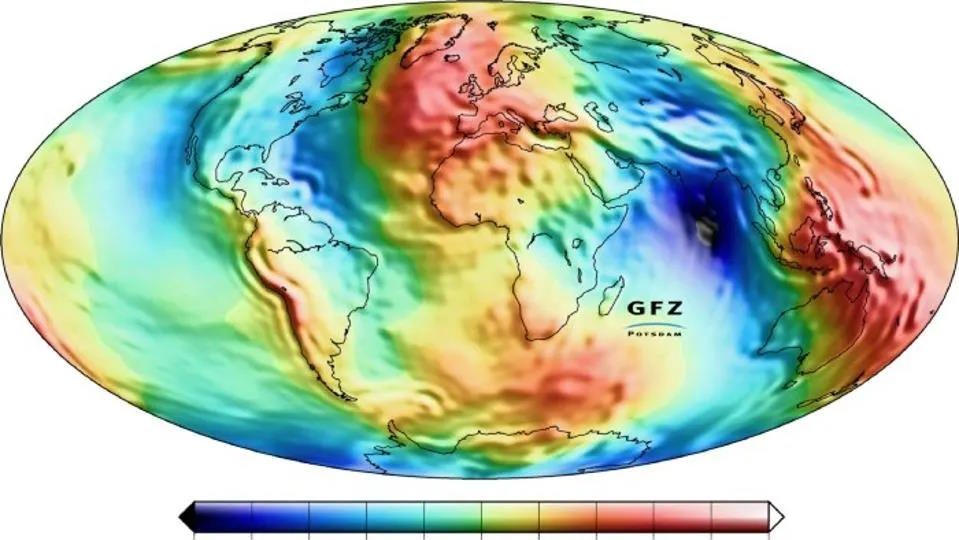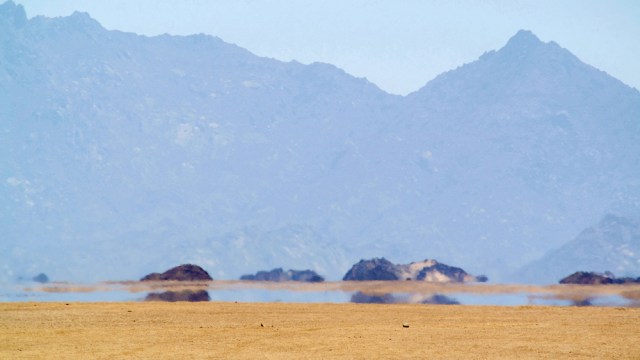Miss Mama’s Guide to Economic Success
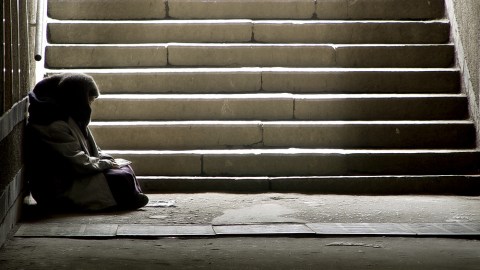
For me, economics is about people. The models are beautiful but we always have to remember that in macroeconomic statistics we care about things like growth and unemployment because ultimately they affect peoples’ lives.
For me, my very first economic lesson came when I was seven or eight years old as a kid growing up in Jamaica sitting on my grandmother’s porch. My grandmother was one of my very favorite people in the world and I spent a lot of time on her porch as a young kid growing up reading and learning lots of things from her.
In particular, I remember sitting on her porch in the late afternoon and early evenings as a child in Jamaica. It was a really pleasant time of day. My grandmother and I would go through National Geographic, the atlas, various kinds of stories. But every once in a while those lessons would get interrupted. We’d be sitting there in the early evening coolness with sea breezes coming off the Caribbean Sea and there would be a knock at the gate. And in particular I can remember one instance, the first time this happened. We heard a knock at the gate and a shrill call from the front gate by a woman whose name is Miss Mama.
And my grandmother got up and went to the front gate and asked Miss Mama to come in. And so she walked down the driveway with her and she came and sat with us on the porch. And I remember as a kid feeling that this was an intrusion into my personal space. Who was this person? Who was this stranger, this person my grandmother called Miss Mama who was interrupting my daily lessons?
And so I remember sitting there and my grandmother asking Miss Mama whether she was hungry. And then I really started paying attention. I remember my grandmother came out with a plate of bread and a large tumbler of milk. And it was very clear, as I sat there listening that Miss Mama was from a very different world than my grandmother.
My grandmother had her starched, pressed, cotton dress and Miss Mama was barefoot, with tattered clothes, matted hair and snaggle teeth. And this was a person who hadn’t worked in a very long time and it was very clear from that day hadn’t eaten in a very long time. And so my grandmother taught me about empathy.
But as I encountered economics for the first time many years later and brought together Miss Mama and, as it were, economic science, it struck me that there was really an opportunity to think about how do you actually help people like Miss Mama help themselves. So my grandmother was able to provide a certain kind of assistance which was feeding her for that day. But, of course, the issue is how do you help people like Miss Mama become more productive so they can feed themselves?
And so, for me, when I think about why I got so interested in economic policy, why I wanted to understand why some countries are rich and some countries are poor, for me, Miss Mama is always a touchstone.
Peter Henry is the author of Turnaround: Third World Lessons for First World Growth.
